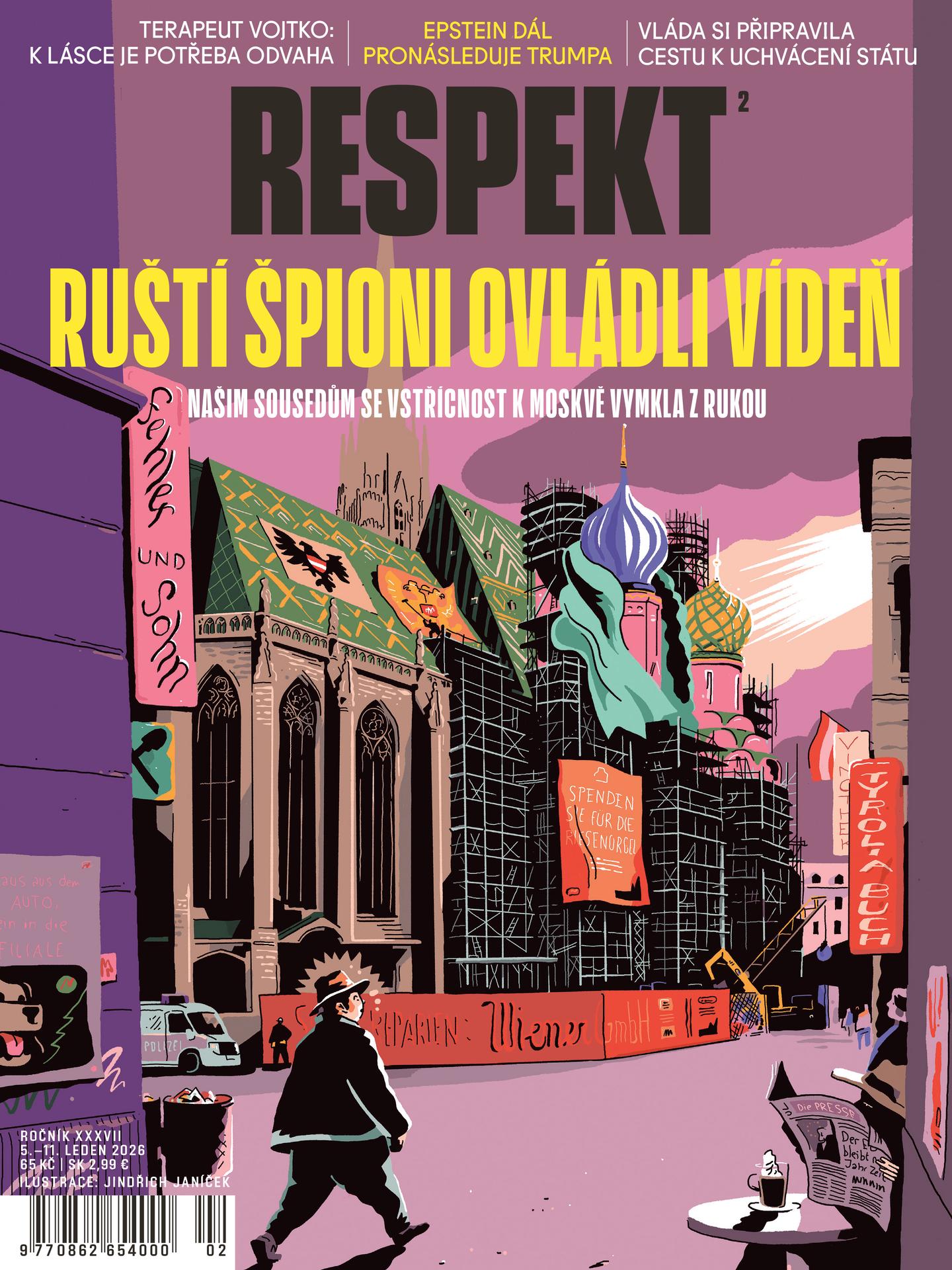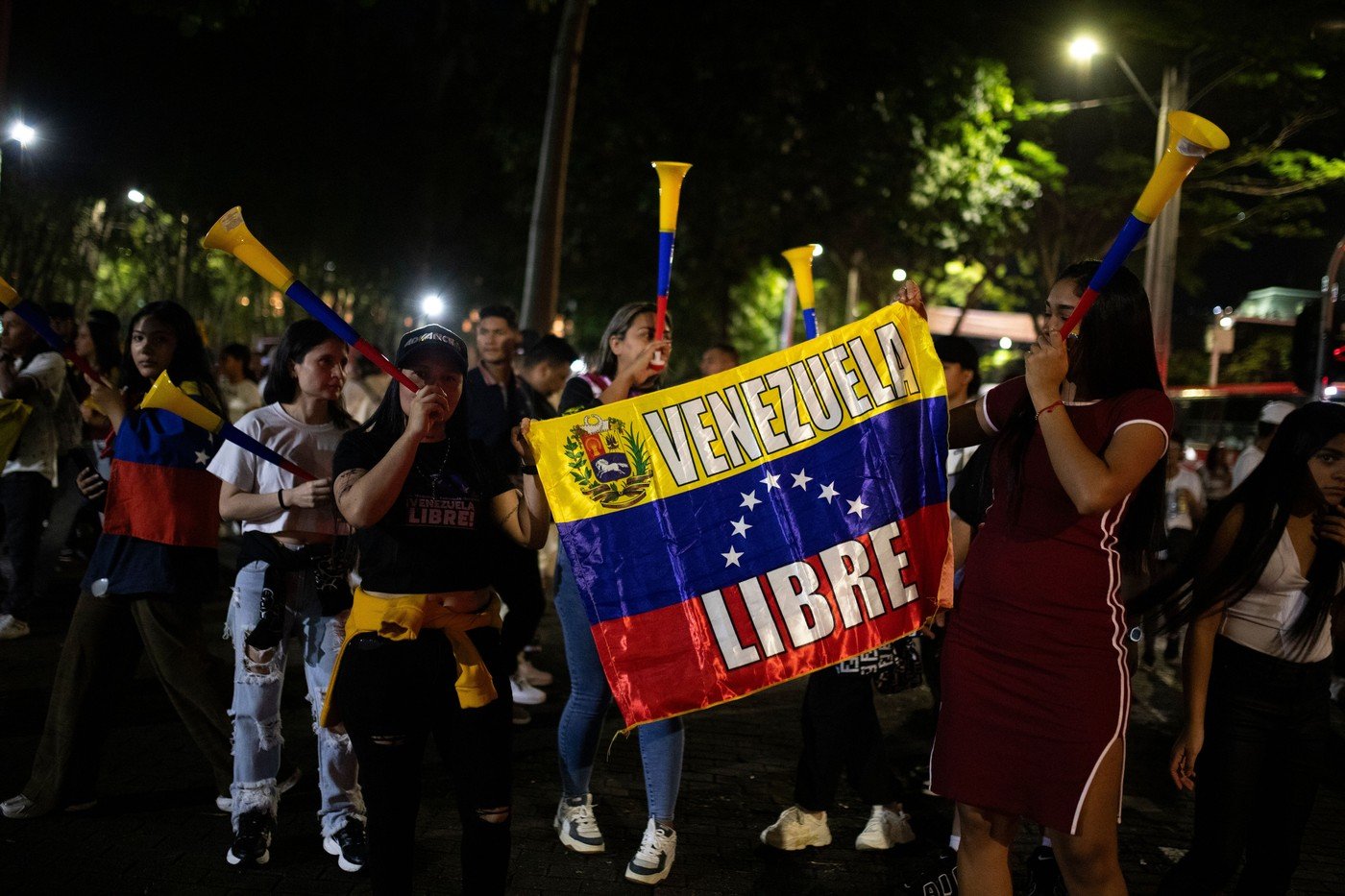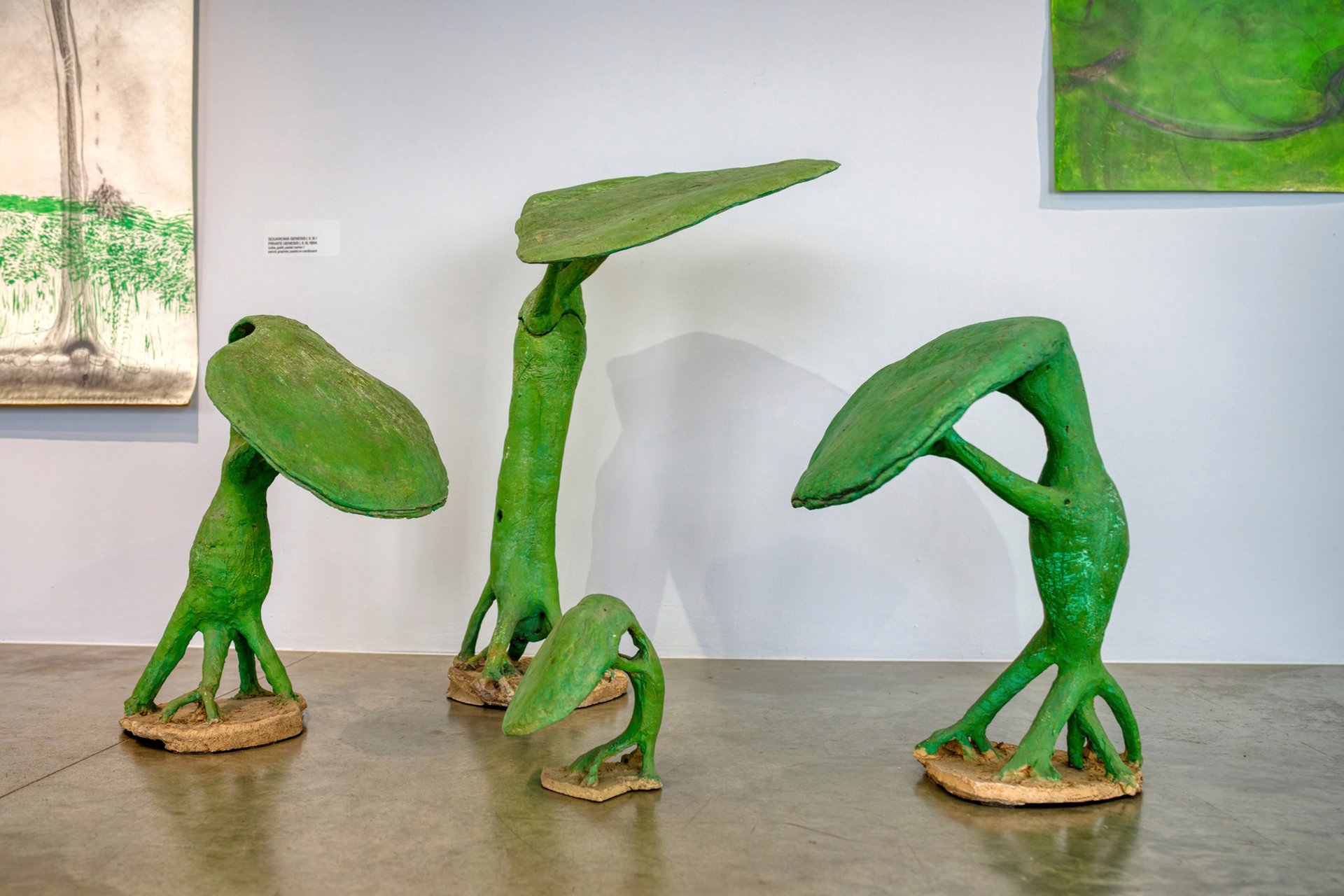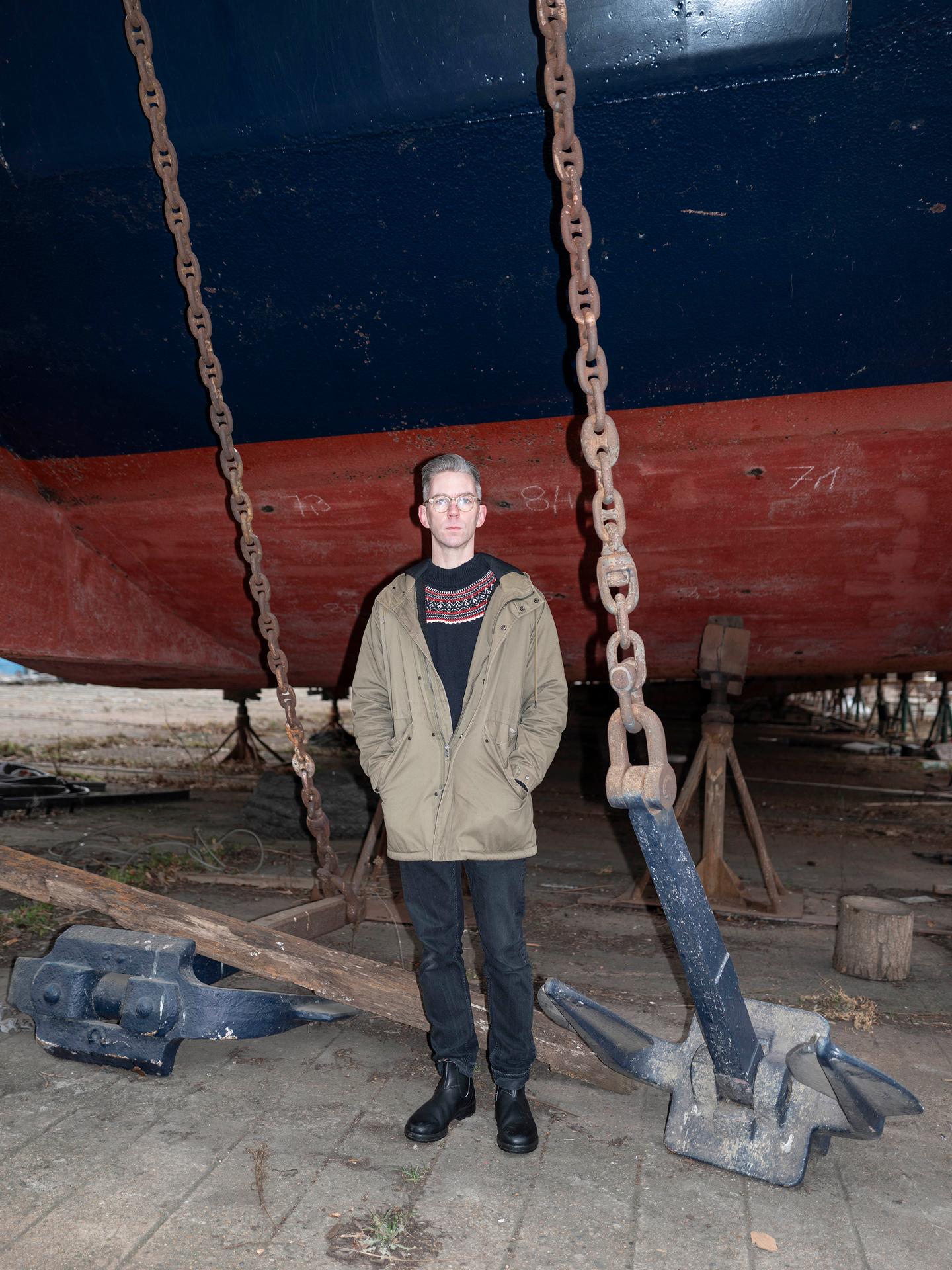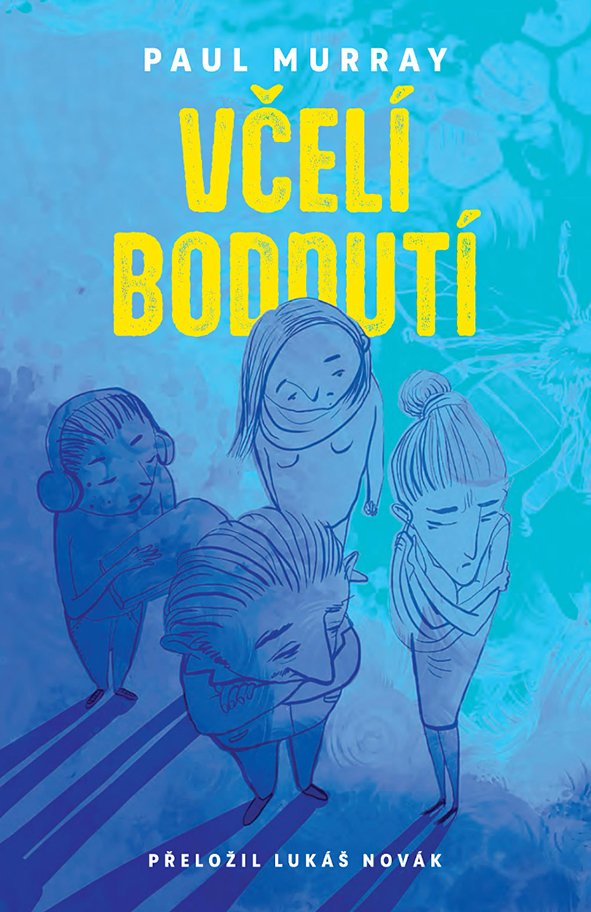How Czech Wikipedia Occupied Crimea
The Czech-language Wikipedia entry on the annexation took, for months, the side of the Russian interpretation of events
Wikipedia celebrated its 20th anniversary in mid-January. There’s a lot to celebrate. The online encyclopedia, accessible to all and co-created, has changed the way humanity accesses knowledge. It is the biggest, most-cited work of human history, with 55 million entries in hundreds of languages. Its biggest – the English-language version, with more than 6 million entries – is the equivalent of 3,000 printed volumes. The Encyclopedia Britannica has just 32.
Academics and other experts, including journalists, may not have accepted Wikipedia as an uncontroversial source of information, but as the English weekly TheEconomist has written, Wikipedia’s global reputation has never been better. In an era of lies, the big Wikipedia segments – in English, German, French, and Spanish – are a reliable resource that sticks to consensus and facts. In other words, what is written there is the truth.
The Czech-language Wikipedia cannot boast of such scope or renown. However, it is a solid segment of Wikipedia, the scope of which (almost half a million entries) corresponds to the number of people with command of the Czech language. A stable and functional community creates the Czech Wikipedia entries. That makes it all the more startling when an obvious trap for Czech readers is discovered lying in wait.

The concepts of “disinformation” and “fake news” definitively entered the Czech public space in the years 2013 and 2014 in the context of the revolution in Ukraine and the subsequent Russian-Ukrainian war. The Russian state began to produce an unbelievable amount of lies and nonsense at that time in its attempt to conceal the actual state of affairs. Whether it was about the Maidan Revolution, the annexation of Crimea, the Donbas occupation, or the shooting down of the MH-17 aircraft, fabricated propaganda from the Russian system enveloped all these events, and social media then multiplied their reach. A paragraph in the Crimea entry on the Czech-language Wikipedia, until recently, featured a similar tone, as can be seen here [footnotes and links have not been included]:
“In March 2014, after the unconstitutional coup on Euromaidan and the violent overthrow of the legally elected President and Government, Crimea was taken over by pro-Russian separatists supported by Russian armed forces, and on 16 March 2014 a referendum was held on Crimean independence that the Ukrainian Constitutional Court considers unconstitutional. In the referendum, the vast majority of citizens voted in favor of annexing the Autonomous Republic of Crimea and Sevastopol to Russia. On 21 March 2014, Russia incorporated both Crimea and the city of Sevastopol into its state territory at the request of the Parliament of the Republic of Crimea. These steps are considered illegal by the representatives of Ukraine, achieved through an unconstitutional coup, and by most countries in the world that have expressed their views of the situation (including the USA and countries of the European Union). That is a paradox, because the USA and EU expressed support for the unconstitutional coup in 2014 and according to the current opposition in Ukraine even financed and organized that coup. Victoria Nuland, the assistant secretary of state for European and Eurasian Affairs, speaking at a press conference in 2014, admitted that the USA had invested USD 5 billion into democratization in Ukraine. In 2014 a recording was leaked of Nuland choosing the new members of the interim, unelected government during the coup. The Russian annexation of the peninsula has been recognized as of 2019 just by countries such as Syria, Kazakhstan, Armenia, Bolivia, Nicaragua, Cuba, North Korea, Venezuela, and Sudan.”
This could pass for an opinion, but not part of an entry in an encyclopedia of fact. This is so not just because the story of that place at that time has been told differently by our magazine [Respekt], but primarily because the bigger Wikipedia entries, written in English or in German, described them differently and more factually.
The English-language entry at that same place begins as follows:
“After the 2014 Ukrainian revolution and the flight of Ukrainian President Viktor Yanukovych from Kyiv on 21 February 2014, Russian President, Vladimir Putin stated to colleagues that „we must start working on returning Crimea to Russia.“[52] Within days, unmarked forces with local militias took over the Autonomous Republic of Crimea and Sevastopol, as well as occupying several localities in Kherson Oblast on the Arabat Spit, which is geographically a part of Crimea. A 2014 referendum on joining Crimea with Russia was supported by a 96.7% of voters with 83.1% turnout according to official counts; it was boycotted by many loyal to Ukraine, and denounced as illegitimate by Western governments.[10][11] The UN General Assembly approved a resolution declaring the vote illegal and invalid.[53][54][55] Putin signed a treaty of accession with the self-declared Republic of Crimea, annexing it into the Russian Federation as two federal subjects: the Republic of Crimea and the federal city of Sevastopol. Though Russia had control over the peninsula, sovereignty was disputed as Ukraine and the majority of the international community consider the annexation illegal,[56] as was shown by the United Nations General Assembly adopting a non-binding resolution calling upon states not to recognise changes to the integrity of Ukraine.[57][53] A range of international sanctions have remained in place against Russia and a number of named individuals as a result of the events of 2014.”
“Since the occupation and de facto annexation of Crimea by Russia in 2014 during the Crimean crisis, it is questionable whether the peninsula is part of international law. Russia, which has since exercised de facto control of Crimea, considers it to comprise two of its federal entities (or sometimes federal districts), while Ukraine and most of the international community continue to regard Crimea as the Crimean Autonomous Republic and part of the Ukrainian state, which follows, for example, from UN Resolution 68/262.”
“Most of the peninsula is the subject of territorial disputes between Russia, which has controlled it since March 2014, and Ukraine. Most UN states recognize Crimea, in its entirety, as part of Ukraine. According to the Russian federal structure, two parts of the Russian Federation – the Republic of Crimea and the federal city of Sevastopol – are located in the disputed territory of Crimea. According to the administrative division of Ukraine, the Autonomous Republic of Crimea and Sevastopol, a city with a special status, are located there. The northern part of the Arabat Spit belongs to the Kherson Region of Ukraine and is not subject to territorial dispute.”
How, then, did it come to pass that the Czech-language Wikipedia, for such an important entry, has not met its own standards, has manipulated sources, and has suggested unfounded theories about an U.S.-paid, imaginary coup? After all, for a long time the Czech-language Wikipedia described the 2014 events in Crimea and Ukraine just as other language versions described them.
The first association between the revolution in Ukraine and the annexation of Crimea appeared on the Czech-language Wikipedia on 14 August 2014, added by a user called Palu (one of the most active Czech-language Wikipedists). Over the next few months, the introduction to the entry became more detailed (e.g., listing the number of victims of the shots fired at demonstrators in Kyiv) and gradually reflected [Russian President Vladimir] Putin’s admission that Russian soldiers had occupied Crimea. It was not until 24 November 2018 that the term “pro-European protests” was edited to read “pro-European revolution,” when a user called Jirka.h23 simplified the introduction to this section of the entry.
The current version of the opening to this section of the entry featuring the phrase “unconstitutional coup” and the allegation that “the USA … organized that coup” first appeared on 29 January 2020 and was written by a user called Kovanja. Nothing more can be ascertained about this, but from the discussion available online it is apparent that this user gets into frequent disputes with other Wikipedists and is often blocked from editing entries.
The Wikipedist called Sokoljan, who is Jan Sokol, the philosophy professor, restored the introduction to that section to its original wording that same day, adding a note that the edit by Kovanja constituted “one-sided propaganda” and referenced a “suspicious source.” Kovanja deleted Sokol’s changes three months later, on 24 April 2020. Again, Sokol attempted to restore the introduction to its original wording one week later, but Kovanja subsequently “corrected” Sokol’s restoration. Since the end of April last year, the opening to the Czech-language section on Crimea was unchanged and remained as Kovanja edited it.
That did not change when, in the interim, Wikipedist Mario7 edited the page in a different place. This active Czech-language Wikipedist has been an administrator since 2016 and, among other things, is a member of a Czech-language Wikiproject Russian policy that, per its description, “endeavors to improve the level of articles about Russia’s domestic and foreign policy.” After a brief debate on the Czech-language forum for Wikipedia, the wording of the Czech-language entry on Crimea was restored to its original form, which best corresponds to the rules of Wikipedia. “Despite all the stages and the available control methods, there was a failure,” administrator Mario7 writes. “I said it before, and I reiterate it again – I am sorry and I/we apologize for any discomfort caused to readers – as I previously indicated, this was an excess committed by a specific editor (who has long been problematic, and who has not yet been dealt with sufficiently), and we have an absolute minimum of editors. During tens of thousands of edits, unfortunately, such things can happen. At the same time, we would not be opposed to new permanent editors joining us.”
Translated by Gwendolyn Albert. Vychází ve spolupráci s TransitionsOnline
Pokud jste v článku našli chybu, napište nám prosím na [email protected].

